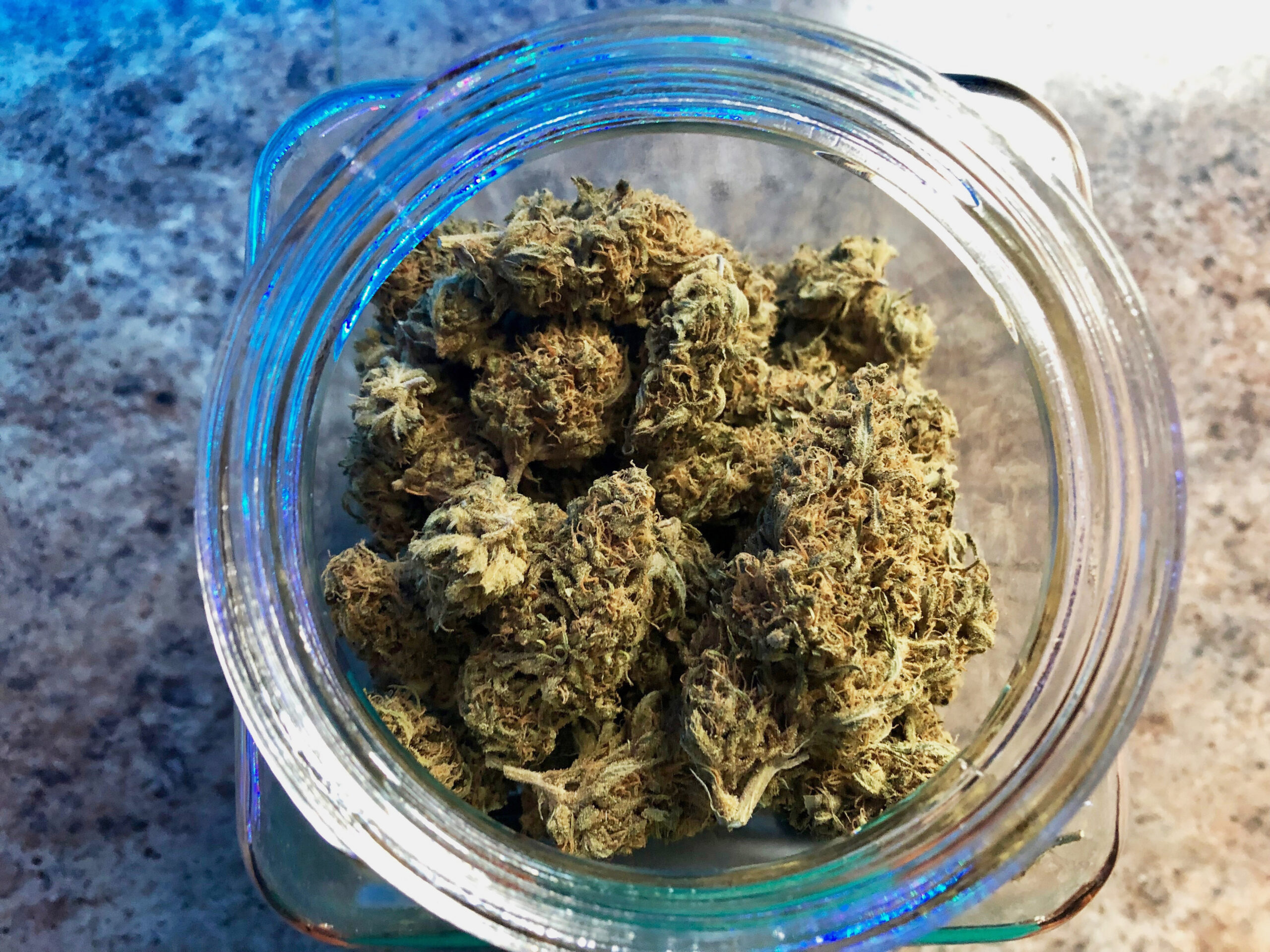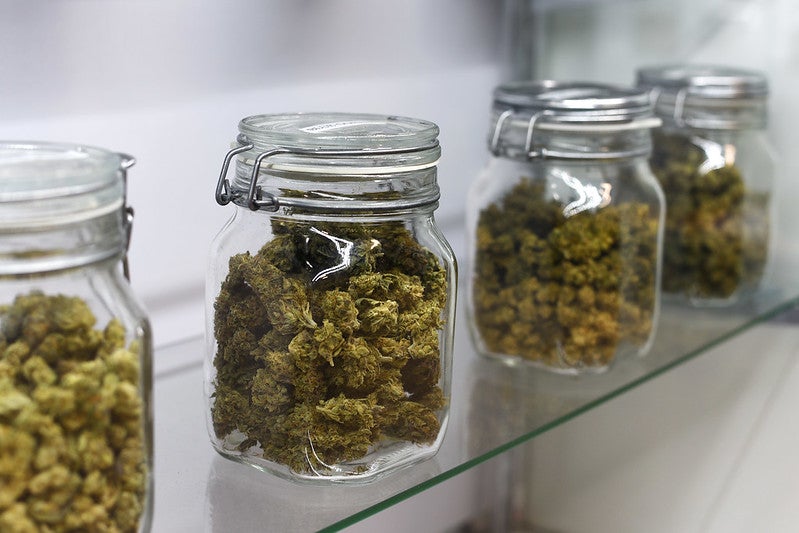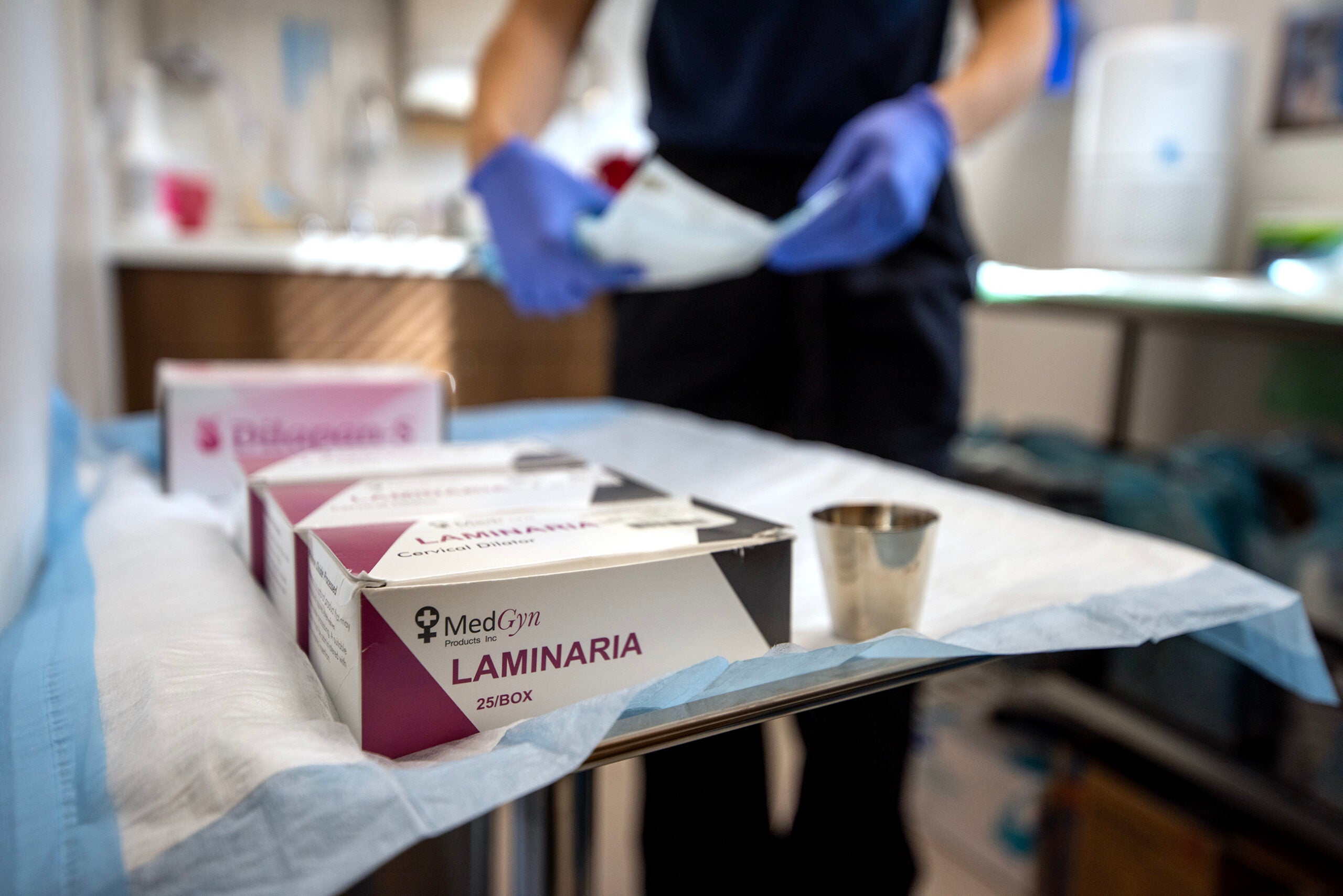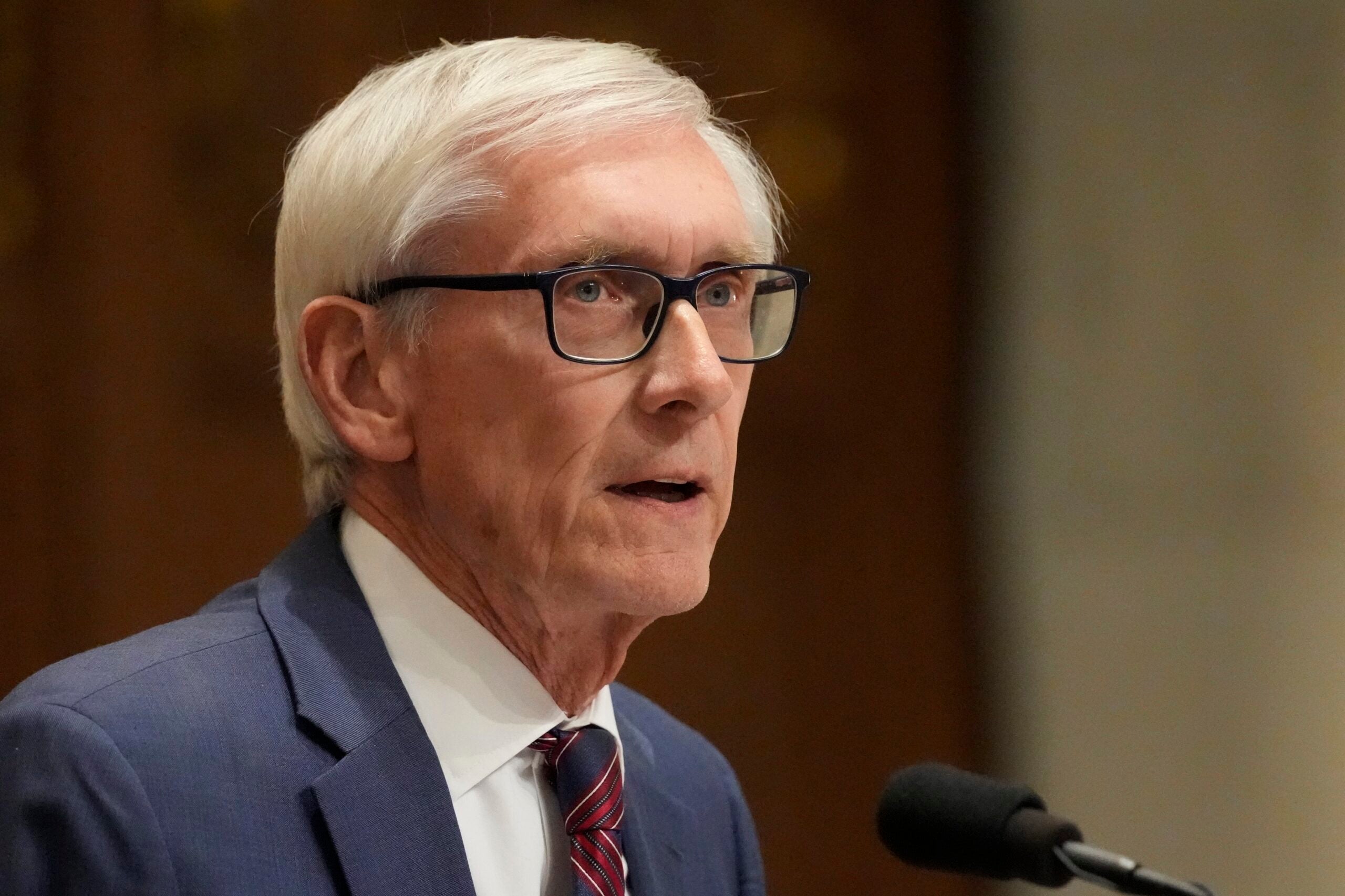Republican lawmakers held a public hearing Wednesday on a plan that would legalize medical marijuana in Wisconsin, a step they described as significant even though the Legislature has already adjourned for the year and the bill won’t pass.
The debate over medical marijuana has languished for years in Wisconsin, which is quickly becoming an island among Midwest states when it comes to marijuana regulation. Thirty-seven states allow for the medical use of cannabis products, according to the National Conference of State Legislatures. A total of 18 states also allow for the sale of recreational marijuana, including Illinois and Michigan.
Sen. Mary Felzkowski, R-Irma, introduced a bill in January that would legalize the use of marijuana for medical purposes with several restrictions. She introduced a similar plan in 2019. Neither measure went anywhere.
News with a little more humanity
WPR’s “Wisconsin Today” newsletter keeps you connected to the state you love without feeling overwhelmed. No paywall. No agenda. No corporate filter.
Felzkowski stressed at Wednesday’s hearing that she was focused on winning support for the plan next year from Republicans who run the Legislature. Those lawmakers, she said, were not ready to discuss legalizing recreational marijuana.
“This is a hearing on medical — medical — marijuana only,” Felzkowski said. “This is not the time nor the place to discuss recreational marijuana.”
But Felzkowski made it clear she thinks medical marijuana should be an option in Wisconsin, saying she wished it had been an option when she was undergoing breast cancer treatment in 2014. During testimony, Felzkowski described treating her symptoms with a variety of prescription drugs, one of which she said made it feel like her bones were being “shredded” inside her body.
“It’s almost like I went through six months of a fog. And I know there’s a lot of other people out there with (multiple sclerosis) and other things that suffer,” Felzkowski said. “I think it’s cruel that we don’t allow them the opportunity to try something that may not have those side effects.”
Felzkowski’s bill would create a Medical Marijuana Regulatory Commission within the state Department of Revenue to oversee Wisconsin’s medical marijuana program. Members would be chosen by the governor and legislative leaders from both parties.
It would let physician assistants, certified advanced practice nurse prescribers and doctors prescribe medical marijuana for patients suffering from qualifying medical conditions.
Medical marijuana could be in the form of a liquid oil or pill but could not be smoked under the plan. Marijuana producers would have to send samples of their products to a state lab to test and certify the content of THC, the drug in marijuana that gives users a high.
The state would tax marijuana at 10 percent of the sales price. State regulators would be allowed to make surprise inspections of facilities where marijuana is grown or sold. Marijuana producers would not be allowed to have any financial interest in a marijuana dispensary.
Despite the restrictions, it’s unclear whether the plan has any better chance of passing the Legislature next year. The Wisconsin Medical Society, which has fought previous medical marijuana bills, opposes Felzkowski’s plan.
“While studies have shown that some chemicals in marijuana seem to have a positive effect on people with chronic pain and help alleviate cancer patients’ nausea and appetite issues, most of the 60+ active cannabinoids in marijuana are not well studied,” read a statement from Wisconsin Medical Society lobbyist Mark Grapentine. “Until science can determine which elements in grown marijuana are potentially therapeutic and which are potentially harmful, any ‘medical’ marijuana program is at best a pale imitation of true medical therapies developed through scientific research.”
Some Democrats were also critical of Felzkowski for holding a hearing on her bill after the Legislature was already adjourned, and the bill was already dead.
“Today’s fake hearing gives patients false hope that Republicans plan to do anything to help them access their medicine this session and is merely a political ploy,” read a joint statement from Sen. Jon Erpenbach, D-West Point, and Rep. Dianne Hesselbein, D-Middleton.
Erpenbach cosponsored the last medical marijuana bill to receive a hearing in the Legislature in 2009, the last year Democrats ran all of state government.
While medical marijuana has been a tough sell in Wisconsin state government, the public strongly supports it. A 2019 Marquette University Law School poll found 83 percent of voters favored medical marijuana.
More recently, a February Marquette poll found 61 percent of Wisconsin voters favored legalizing recreational marijuana, including majorities of both Republicans and Democrats. Democratic Gov. Tony Evers proposed legalizing recreational marijuana in his last state budget proposal, but Republicans rejected the idea.
The hearing on the plan was held on April 20, known as 420 day among marijuana advocates. Felzkowski said she didn’t realize the significance of the day when the hearing was scheduled.
Wisconsin Public Radio, © Copyright 2025, Board of Regents of the University of Wisconsin System and Wisconsin Educational Communications Board.






